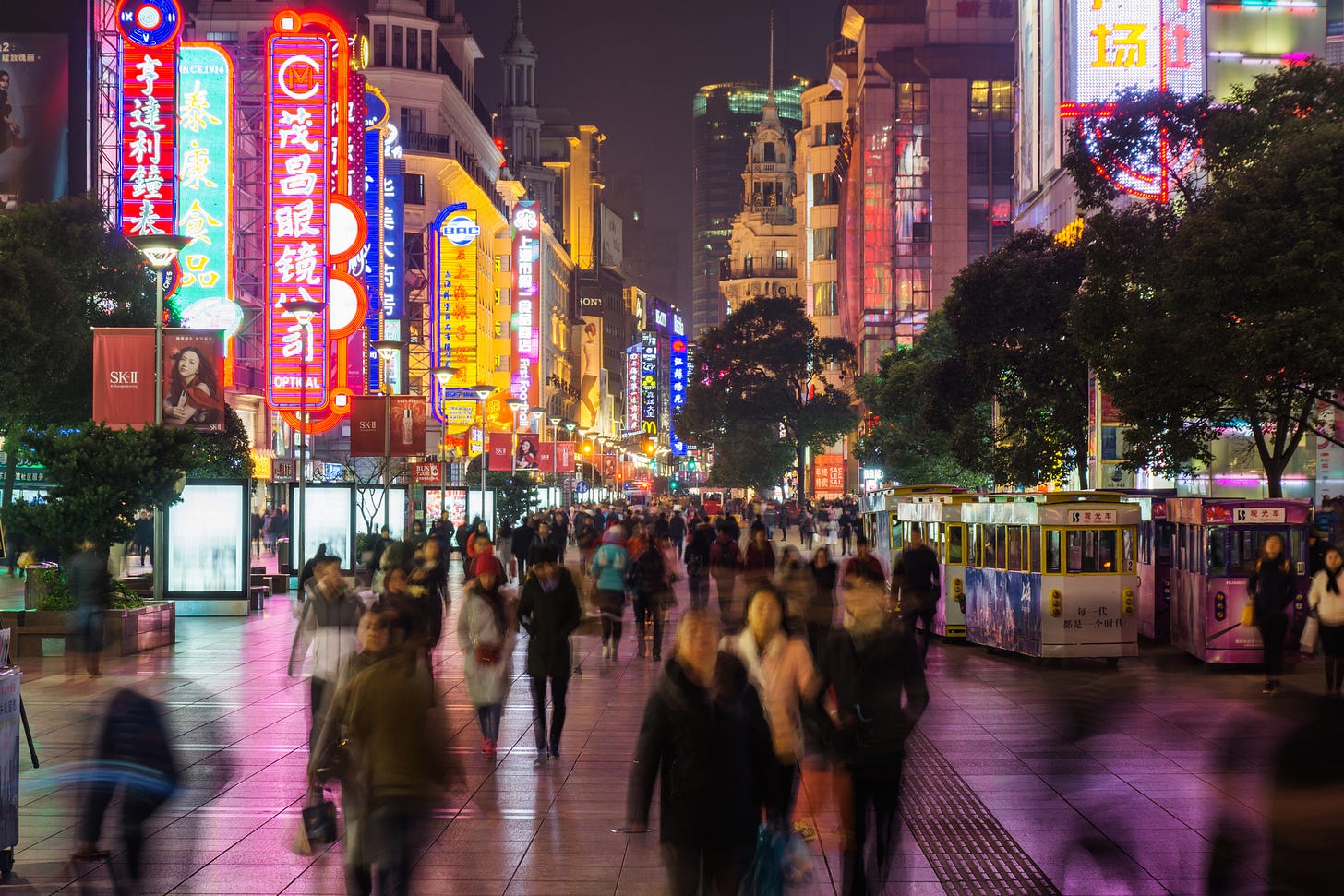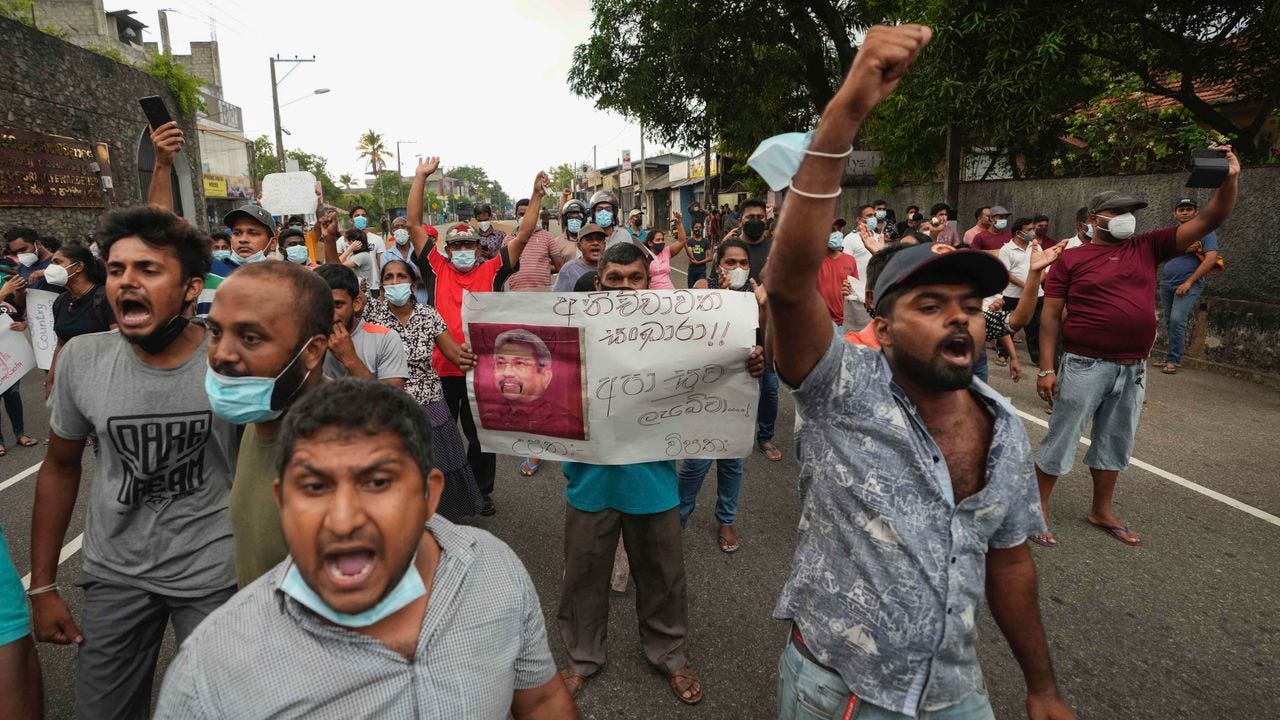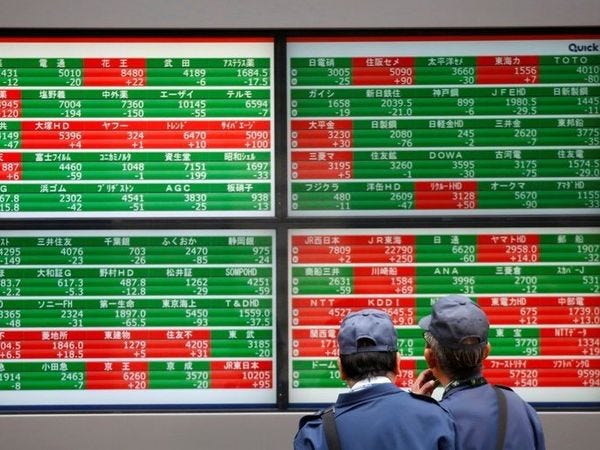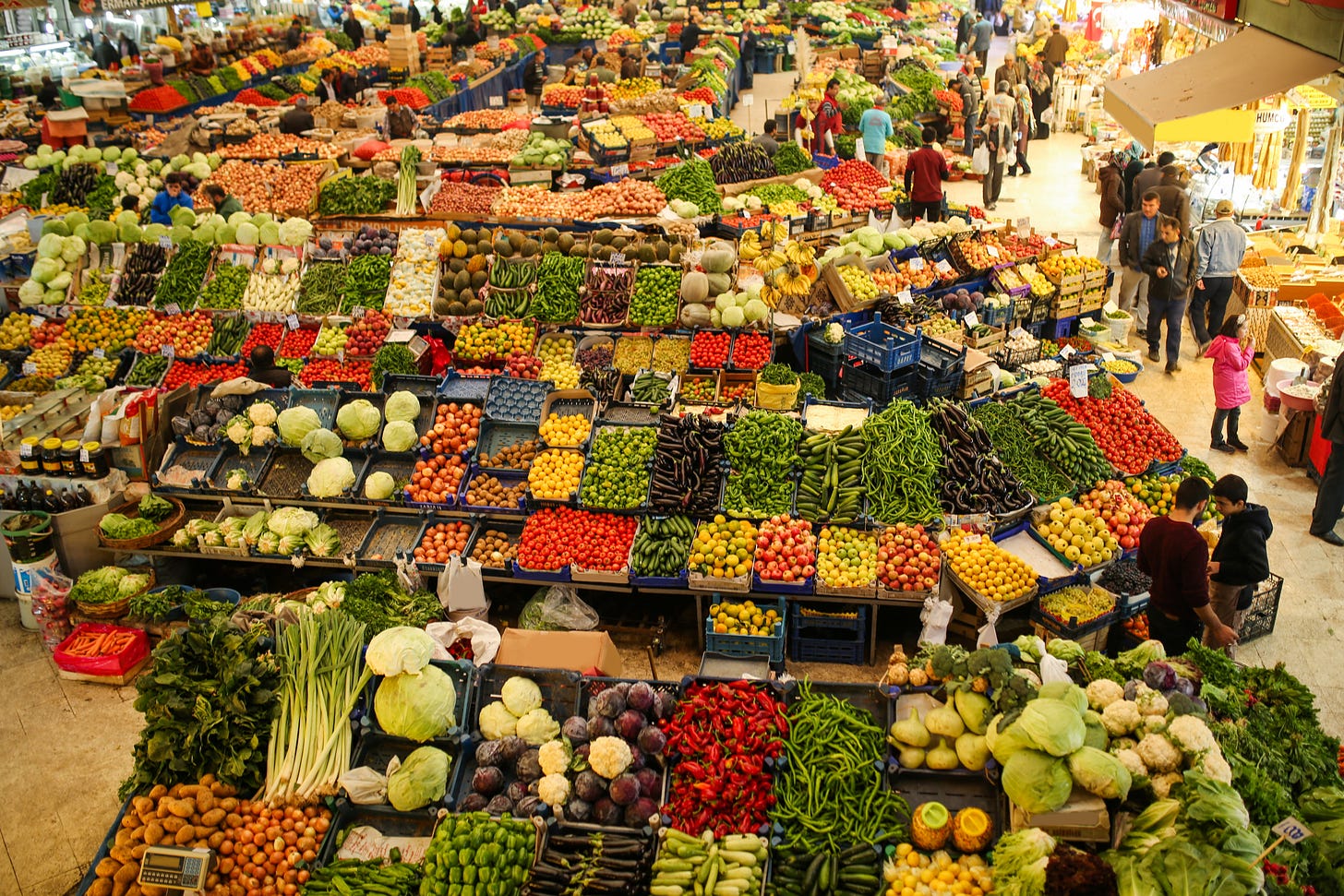Emerging Markets Monitor - June 28
China Middle Class Wavers, Sri Lanka Fuel Crisis Deepens, Petrobras' New CEO, ETFs Destabilize Emerging Markets: Report, Food Inflation Relief Coming?
The Top 5 Stories Shaping Emerging Markets from Global Media - June 28
China’s Strict Lockdowns Alienate Crucial Constituency: the Middle Class
Financial Times
”For decades, China’s expanding middle class had but one option to get ahead: neijuan, or joining the rat race of relentless competition. Then, a surprising strain of resistance sprouted among the young last year: tangping, lying flat and doing only the minimum to make ends meet.”
“Now, after a return to gruelling lockdowns under President Xi Jinping’s zero-Covid policy, a third trend has emerged: runxue, the study of how to get out of China for good.”
“Chinese residents are deeply frustrated as their day-to-day freedoms hinge on the results of mandatory Covid-19 tests, often taken every 48 or 72 hours. In late March, as more than 300mn people found themselves under fresh restrictions, searches on Tencent’s WeChat platform for ‘how to move to Canada’ surged almost 3,000 per cent, a study by US think-tank the Council on Foreign Relations (CFR) found.”
“In early April, WeChat searches for immigration jumped more than 440 per cent. Relocation consultants in China and abroad say they were also hit by a torrent of phone calls and emails.”
“The runxue phenomenon highlights that ordinary Chinese are deeply frustrated. Their day-to-day freedoms hinge on the results of mandatory Covid-19 tests, often taken every 48 or 72 hours.”
“Their minds are occupied by the immediate risks of strict quarantine in state-run facilities, separated from their families, as well as deeper anxieties over job security and falling household incomes as the economy teeters on the edge of recession.”
“Earlier hopes that the severe lockdown imposed on Shanghai in March would be a one-off are fast fading, despite the glaring economic and social costs. Instead, Xi and his leadership have explicitly reaffirmed their commitment to the controversial zero-Covid playbook of relentless snap lockdowns, fastidious mass testing and closed borders.”
“Yet the longer zero-Covid persists, experts say, the more the leadership risks a longer-term fraying of the Chinese Communist party’s ‘social contract’ with Chinese society, especially the fast-growing urban middle class which the party has so far managed to keep onside.” The FT reports.
Sri Lanka Crisis Deepens. Gov’t Halts Fuel to All But Essential Services
Nikkei Asia
“Sri Lanka will shut schools and only allow fuel supplies to services deemed essential like health, trains and buses for two weeks starting Tuesday, a minister said, in a desperate attempt to deal with a severe shortage.”
“Sri Lanka is suffering its worst economic crisis, with foreign exchange reserves at a record low and the island of 22 million struggling to pay for essential imports of food, medicine and, most critically, fuel.”
“Industries like garments, a big dollar earner in the Indian Ocean nation, are left with fuel for only about a week to 10 days. Current stocks of the country will exhaust in just under a week based on regular demand, Reuters calculations show.”
“Sri Lanka will issue fuel only to trains and buses, medical services and vehicles that transport food starting Tuesday until July 10, Bandula Gunewardena, the spokesman for the government cabinet, told reporters.”
“Schools in urban areas will be shut and everyone is urged to work from home, he said. Interprovincial bus service will be limited. ‘Sri Lanka has never faced such a severe economic crisis in its history,’ Gunewardena said.”
“…The government is talking with the International Monetary Fund (IMF) on a possible bailout, but many people cannot wait that long and demand for passports has surged.”
“The navy in the early hours of Monday arrested 54 people off the eastern coast as they tried to leave by boat, a spokesman said, on top of 35 ‘boat people’ held last week. Embattled President Gotabaya Rajapaksa's elder brother resigned as prime minister last month after clashes between pro- and anti-government protesters spiraled into countrywide violence that left nine dead and about 300 people injured.” Nikkei Asia/Reuters reports.
Brazil’s Petrobras Selects New CEO
Reuters
“The board of directors of Brazil's Petrobras elected Caio Paes de Andrade as its new chief executive on Monday, as a messy management transition at the state-run oil company inches toward conclusion.”
“Andrade, a former economy ministry official, was also voted onto the company's board ahead of his election as CEO, the company said in a securities filing, a move required under Petrobras bylaws.”
“Andrade had been tapped by Brazilian President Jair Bolsonaro last month to run the firm and is set to replace Chief Exploration and Production Officer Fernando Borges, who took over as interim CEO after Jose Mauro Coelho resigned earlier this month.”
“Coelho, as well as his two predecessors, were brought down after clashes with Bolsonaro over the company's fuel pricing policy. The far-right president's popularity has taken a beating due to rising diesel and gasoline prices and high inflation.”
“Brazil-listed preferred shares in Petrobras were frozen before the announcement. They had gained 5.82% in intraday trade, after analysts at Itau BBA resumed coverage of the company with an ‘outperform’ rating.” Reuters reports.
Rise of ETF’s Destabilizing Emerging Markets
Financial Times
“The explosive growth of index-tracking exchange traded funds has destabilised emerging economies, increasing their vulnerability to global shocks, according to economists at the Italian central bank.”
“Their analysis found that investment funds were far more likely than other sources of private sector funding, such as banks, insurance companies and pension funds, to withdraw funding from developing countries during global shocks.”
“Moreover, passive index-tracking funds are more reactive to shocks than actively managed ones, the research found. Within that, investment flows to emerging market-focused ETFs are even more sensitive to global financial conditions than those of the equivalent mutual funds, rendering ETF money the least reliable of all forms of funding.”
“‘The reliance on investment funds, in particular those benchmark-driven, makes emerging markets more vulnerable to global shocks,’ wrote Alessandro Moro and Alessandro Schiavone in their paper ‘The Role of Non-bank Financial Institutions in the Intermediation of Capital Flows to Emerging Markets’”
“…Reforms enacted in the wake of the global financial crisis have forced banks to scale back non-core assets held on their balance sheets, such as emerging market securities. Investment funds expanded to fill the void as the low-yield environment led investors to chase higher-risk assets.” The FT reports.
Food Inflation Relief Within Sight as Crops and Crude Pull Back
Bloomberg
“Runaway food inflation may be tamed soon — at least temporarily — as farm commodities tumble after a surge that pushed up prices of everything from bread to chicken wings.”
“Four months after Russia’s invasion of Ukraine upended trade flows and sent futures soaring, fear of grain shortages is giving way to optimism that key producers will reap harvests large enough to help replenish war-pinched reserves. That’s critical for the wheat needed to feed the world; the corn to nourish hogs, chicken and cattle; and the oilseeds to process food.”
“Supply may not be as impaired as we think because other areas will compensate for any losses from Ukraine, and it is happening across the board,” said Marc Ostwald, global strategist at ADM Investor Services in London.
”Australia, one of the biggest wheat exporters, is forecast to produce another huge crop this year, while Brazil’s biggest-growing area has so much corn it’s piling up outside bins. Nervousness in North America that spring weather woes would significantly cut grain and soybean acreage has abated.”
“The Bloomberg Agriculture Spot Subindex is on track for its biggest monthly drop since 2011. Along with easing concerns about dwindling grain and oilseed reserves, worries that an economic slump could slash demand also knocked soaring crop futures down from recent highs. While such changes can take time to reach grocery shelves, chicken and beef prices are cooling a bit, according to Darden Restaurants Inc., owner of the Olive Garden and LongHorn Steakhouse chains.” Bloomberg reports.
“And the day came when the risk to remain tight in a bud was more painful than the risk it took to blossom.” - Anais Nin






